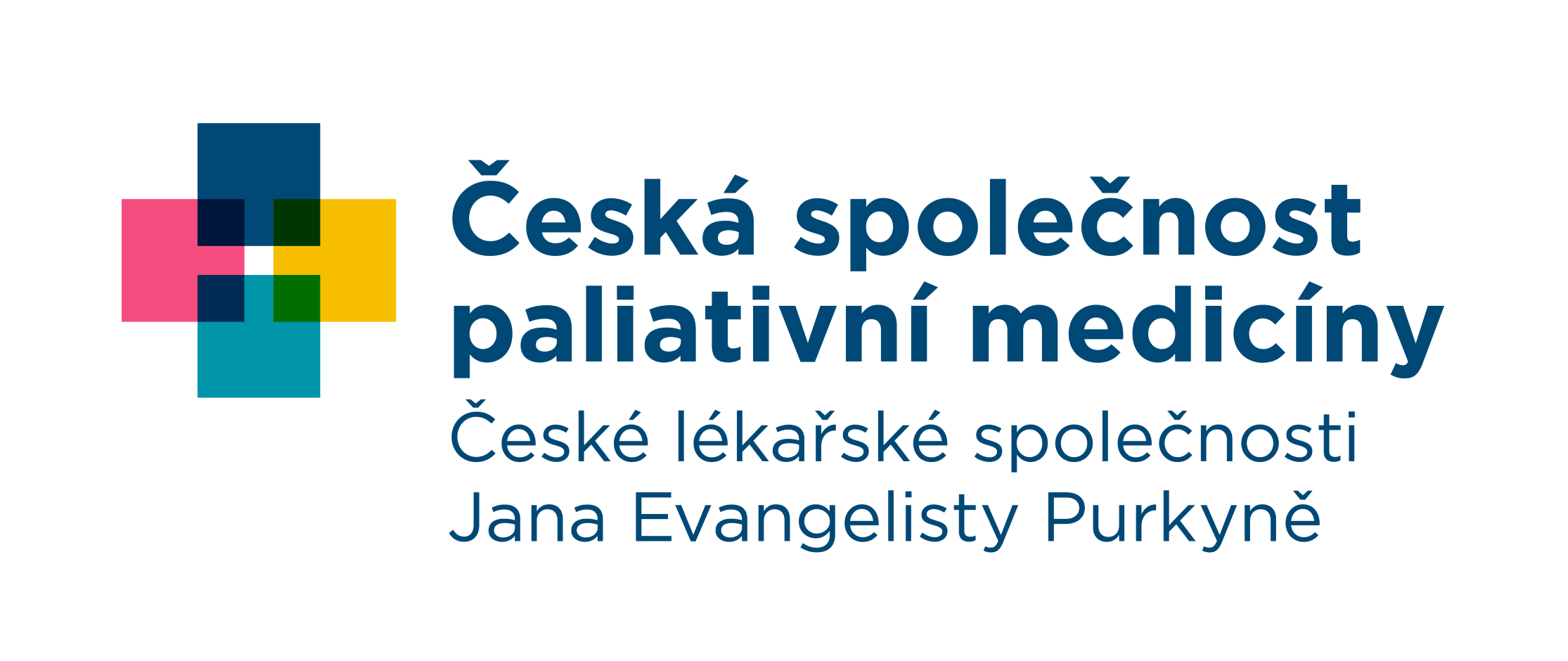Etická reflexe poskytování zdravotní péče v době pandemie COVID-19
Keywords:
resource allocation, (bio)ethics, COVID-19, pandemic, surveyAbstract
The coronavirus pandemic has been a medical emergency for health systems and around the world, during which critical and ethical questions have arisen about how best to provide health care in situations where material and human resources are scarce. Our research aimed to determine physicians´ experience in providing health care during the COVID-19 pandemic. The electronic questionnaire Reflexes on providing health care during the pandemic, containing 24 questions, was used to collect data. The research involved 938 doctors working in hospital wards in the Czech Republic. Physicians (60%) encountered a lower standard of medical care during the COVID-19 pandemic, with changes in the intensity of work and the spectrum of patients they care for. In addition, 67% of physicians reported using new medical technologies, for which only 15% were adequately trained. The most common reasons for not connecting a patient to UPV or ECMO, or reasons for not transferring to the ICU, were: a combination of comorbidities or expected short survival time for the underlying disease, high age, malignancy, and obesity. The decisions were made most often by the concession of treating doctors. Patients and their families were not sufficiently informed about their health status and encouraged to make care decisions. Only 4% of physicians, occasionally or exceptionally, 11% of physicians, used the option of a consultative consultation of ethical counseling or palliative medicine regularly. More than a third of physicians (36%) wanted such a consultation, but it was unavailable.



